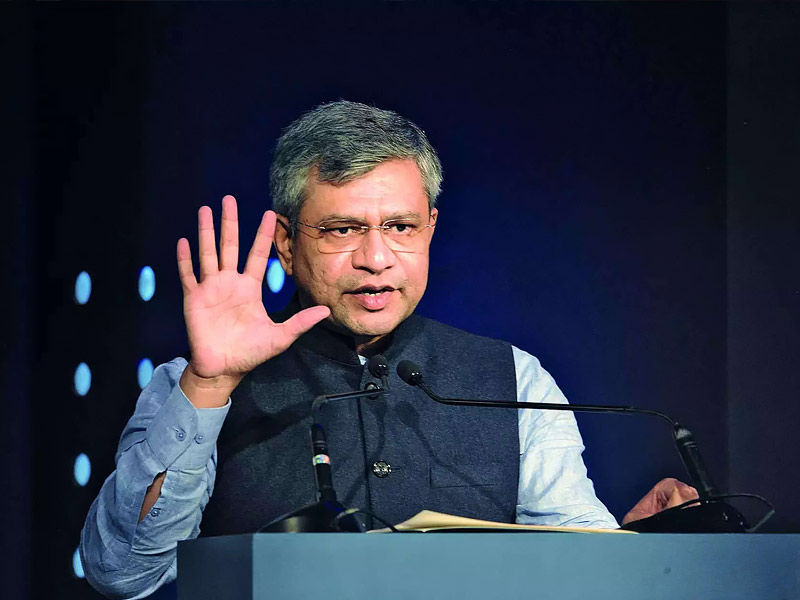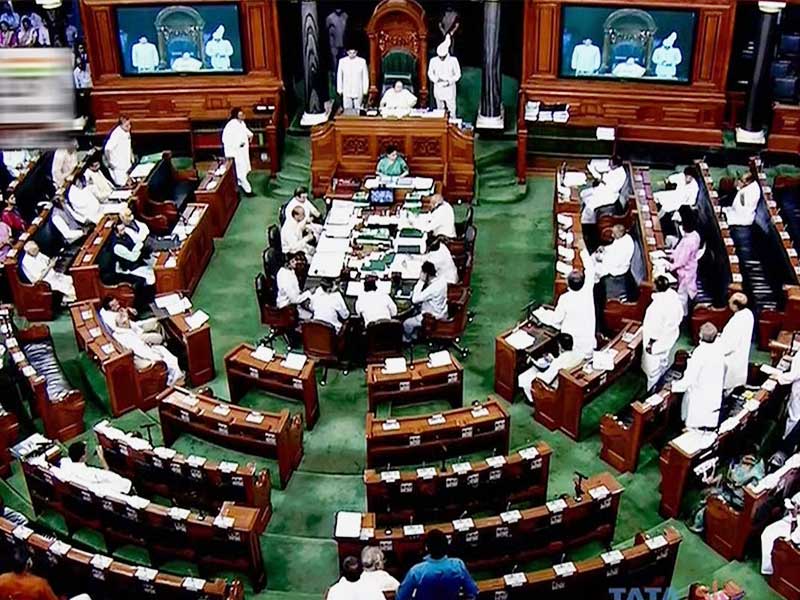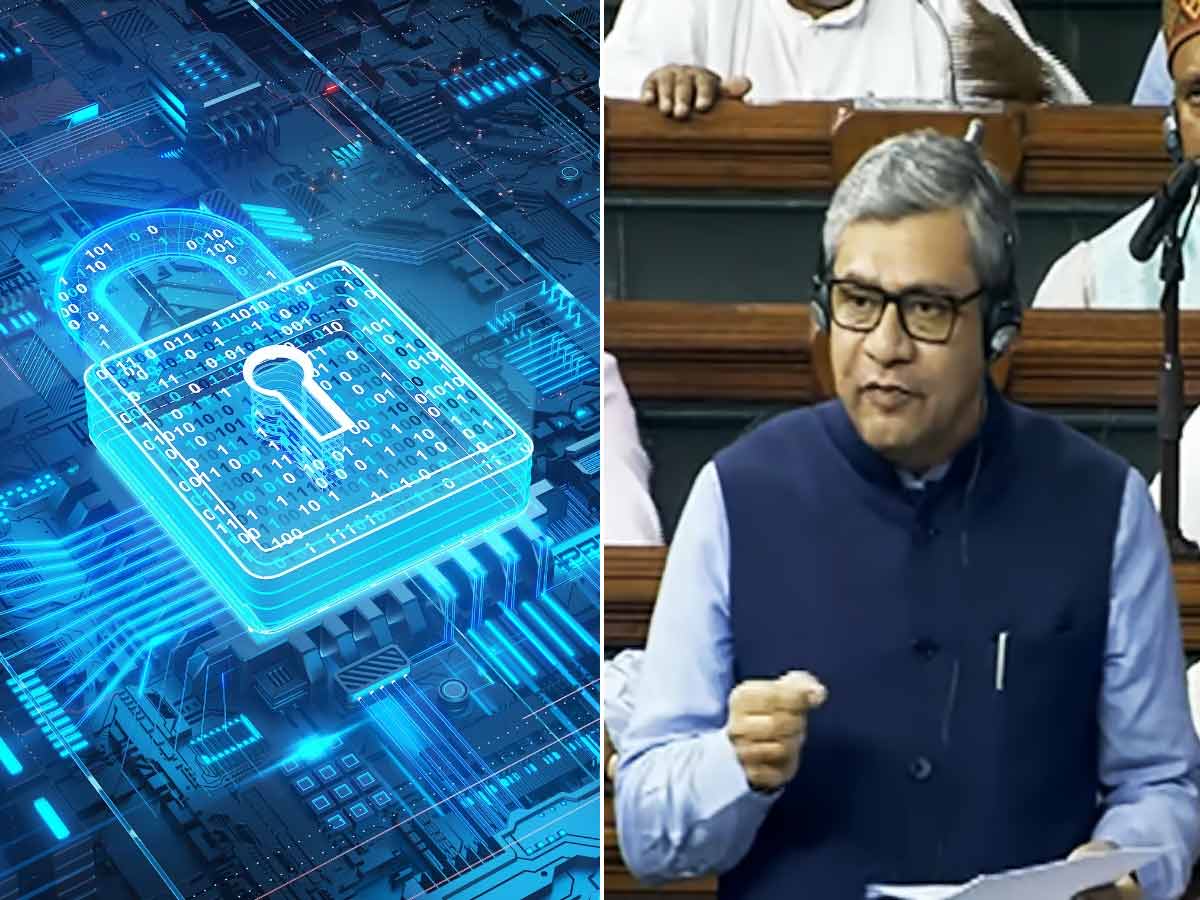After the government withdrew the Personal Data Protection Bill due to its onerous compliance requirements, the Digital Personal Data Protection Bill was first introduced in 2022.
Despite objections, the Lok Sabha passed the Digital Personal Data Protection Bill by voice vote on August 7, bringing India one step closer to its first law governing how private or government institutions can use or process citizens’ data.
Ashwini Vaishnaw, Minister for Electronics and Information Technology, introduced the bill in the Lok Sabha. The bill will now be sent to the Rajya Sabha, where the government coalition lacks a majority.

The opposition, which has expressed misgivings about the proposal, has demanded that it be referred to a parliamentary committee for additional consideration.
On August 3, Vaishnaw introduced the measure in Parliament’s lower chamber, prompting protests from the opposition, which claimed that the bill infringed on residents’ right to privacy.
According to Moneycontrol, some opposition MPs submitted revisions to the Bill, including decreasing the definition of children from the age limit of 18 to those under the age of 15.
The Centre has established “legitimate causes” under which the government and commercial businesses can process citizens’ data without their explicit agreement. It will also place constraints on sites that process children’s data.

The measure also requires India to create its own data protection authority, the Data Protection Board. According to the bill, the Union government will appoint the chairperson and members of the board.
Also, Read IIM Act Amendment Bill 2023: What Is It? Effect on B-Schools
Aside from that, the measure contains provisions that grant the government broad exclusions. According to the proposed law, its restrictions will not apply to the processing of personal data when notified by a “state instrumentality as the central government may notify.”
These could be circumstances involving the country’s sovereignty and integrity, security, friendly relations with foreign nations, the maintenance of public order, or the prevention of incitement to any cognizable offense connected to any of these.





























